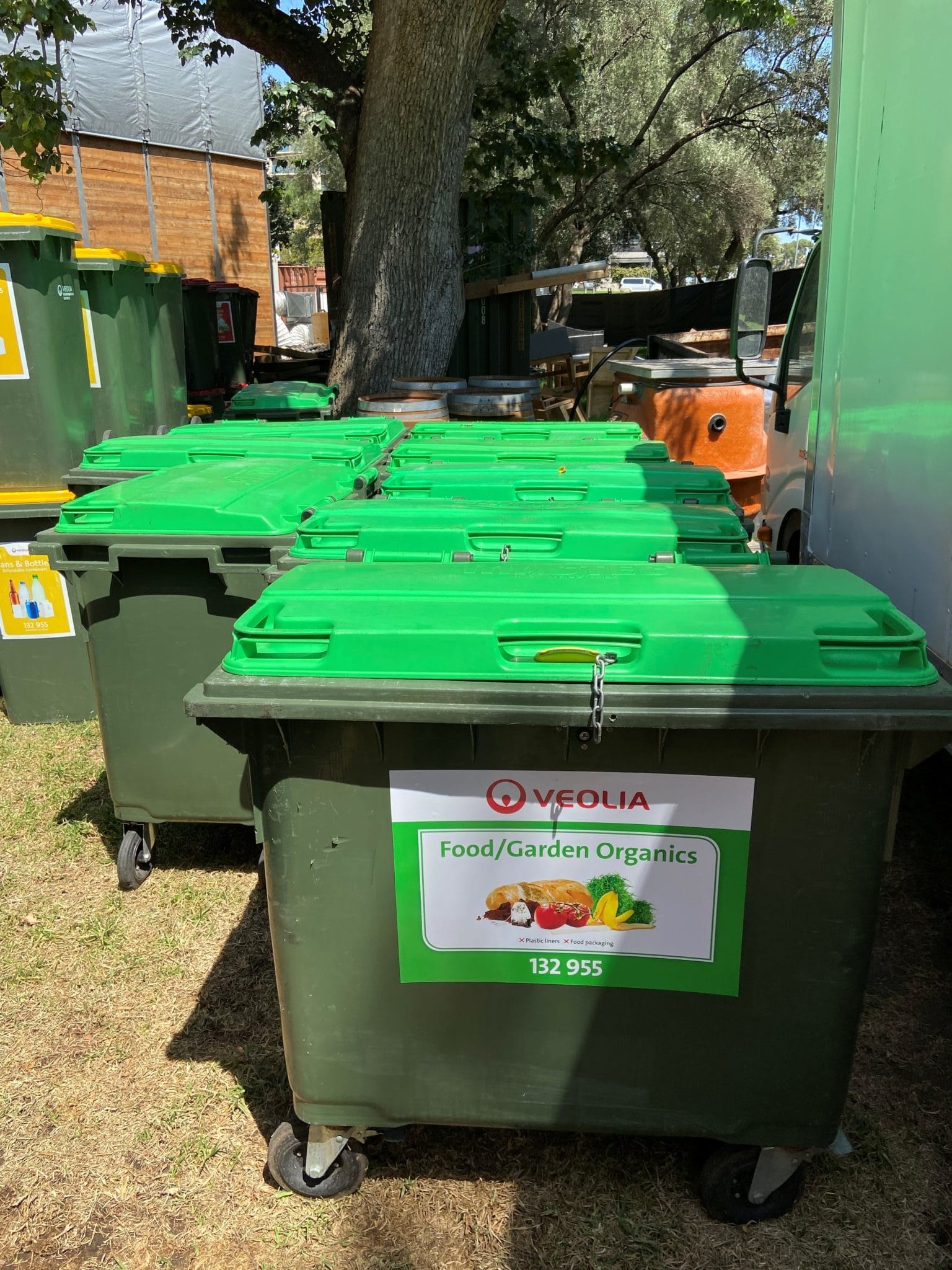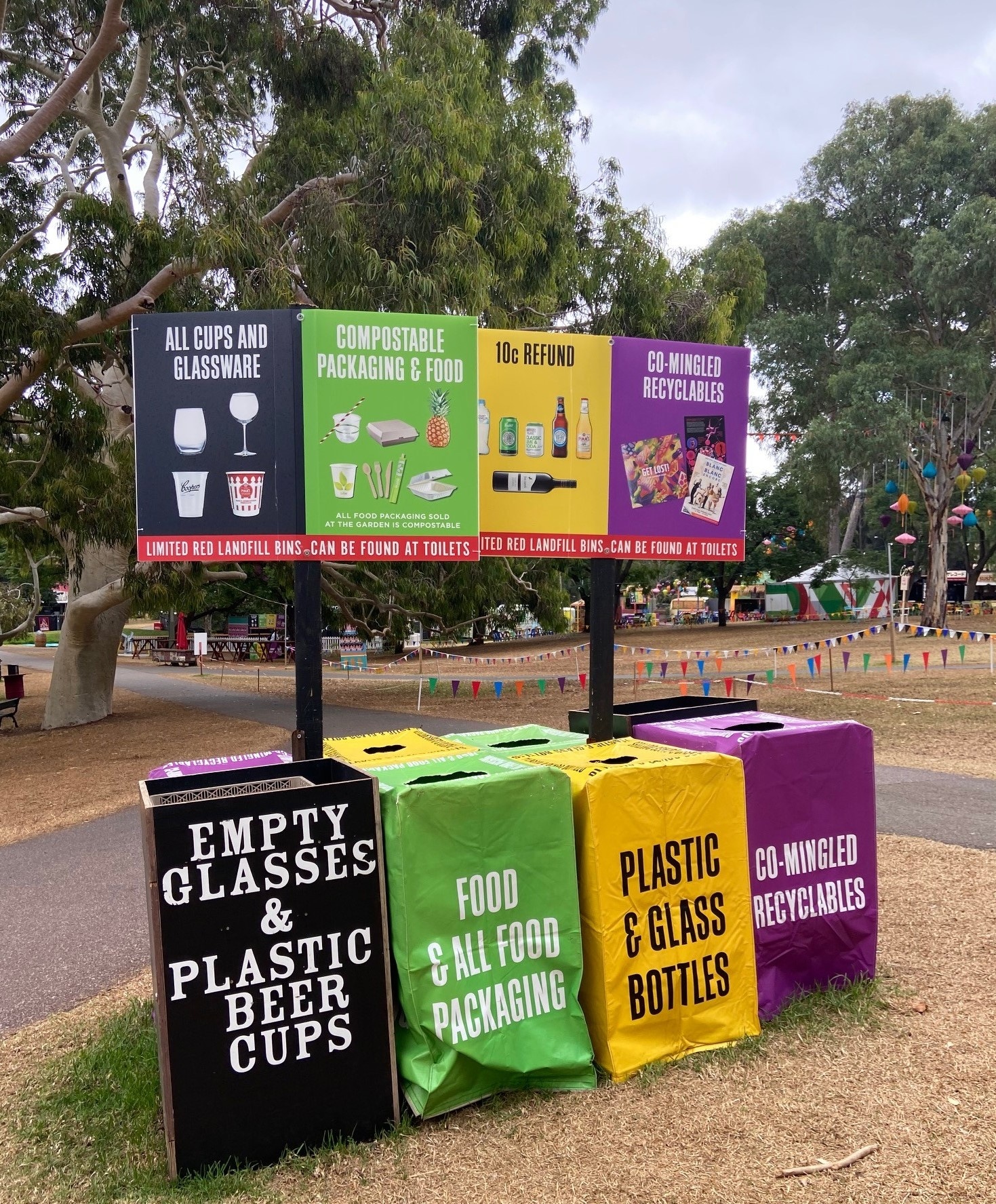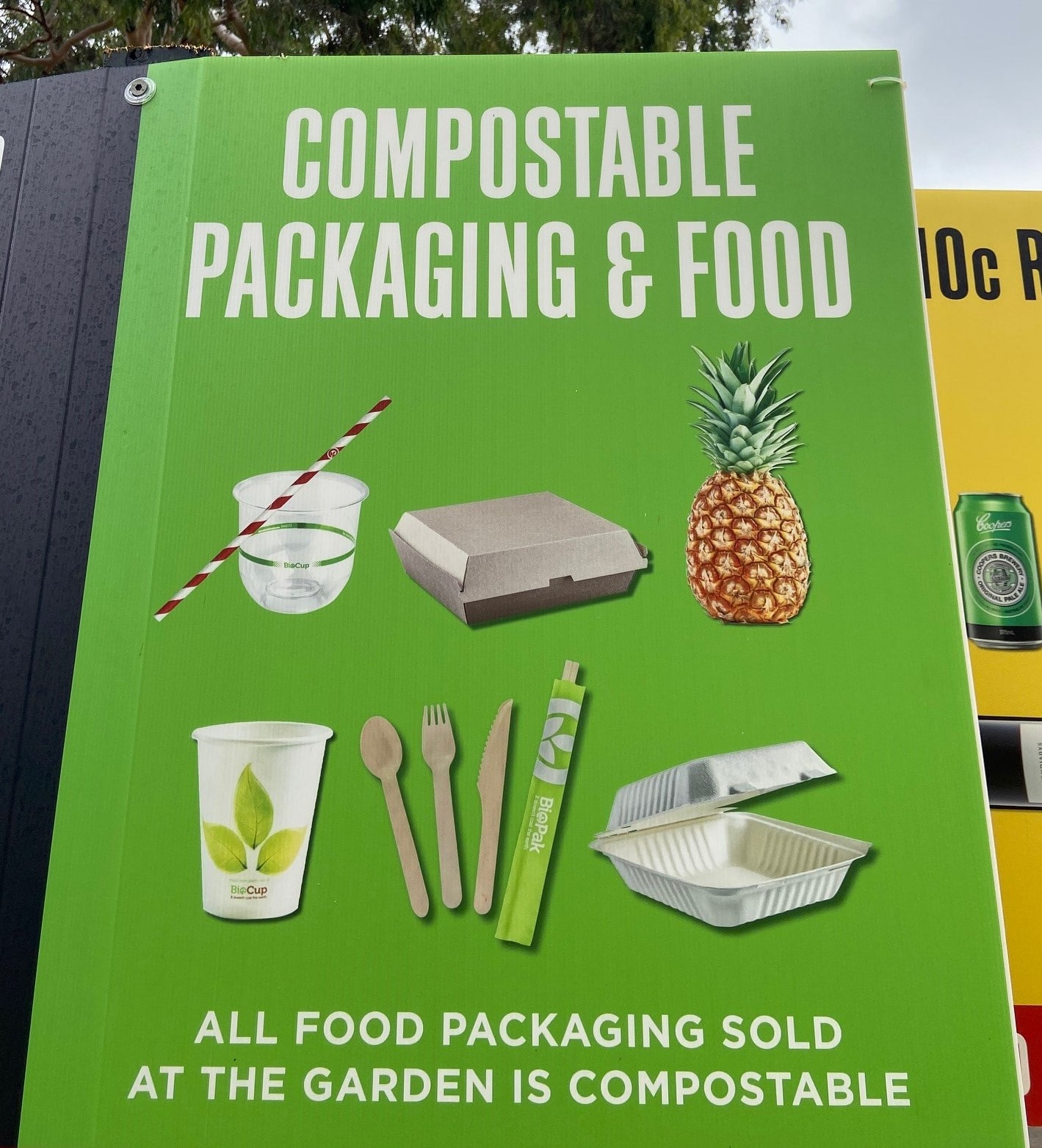No products in the cart yet. Keep shopping.
Growing a Great Lawn
When cared for properly, the lawn can become the highlight of any garden and make your neighbours green with envy! A secret to any healthy lawn...

Mad March is well and truly underway in Adelaide with the Fringe in full swing. One of the major attractions for the Fringe is the Garden of Unearthly Delights.
In a partnership with Veolia Australia, Jeffries collects and recycles the organic material for the Garden of Unearthly Delights through our Compost Service.
Jeffries have been working with Veolia to service The Garden of Unearthly Delights for 2 years now and each year their sustainability efforts get stronger and stronger. A leap this year was to remove general waste bins for patrons. Focusing on recycling at all streams.

The 3 options for patrons are:
This means that every stream is recycled leaving minimal options for landfill!


Traditionally at large events, vendors often use single use plastic cups, cutlery, trays and plates, which just isn’t acceptable anymore. However Veolia has coordinated with the event organisers of The Garden of Unearthly Delights to ensure that vendors are all using Certified Compostable food packaging including compostable bowls, plates, trays and cutlery, compostable cups, straws and paper serviettes. This has helped to eliminate single-use plastics, and also helped to minimise confusion between what can go in the organics bin
No confusion = no bin contamination
When cared for properly, the lawn can become the highlight of any garden and make your neighbours green with envy! A secret to any healthy lawn...
Growing indoor plants is the perfect solution if you lack the room for an outside garden or just wish to bring natural beauty inside. Even while not...
It's the ideal time to head outside and begin creating the Spring garden of your dreams now that the dark, gloomy winter days are behind us and the...